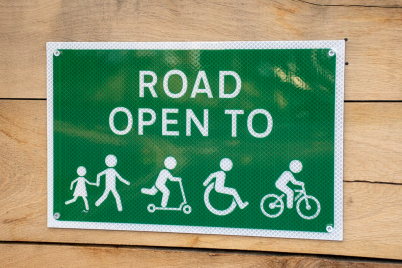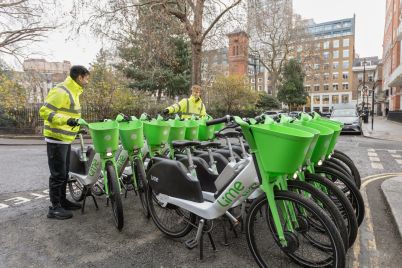A man accused of encouraging terrorism after posting thousands of extremist messages during the Covid-19 pandemic has told a jury that he “fell down a rabbit hole” of conspiracy theories and paranoia, describing his online activity as “twaddle” and “gibberish.”
Paul Martin, 60, from South Norwood in Northern Croydon, is on trial at the Old Bailey accused of using an encrypted Telegram group called The Resistance UK to promote violence and rebellion during the pandemic. Prosecutors allege that between 2020 and 2021 he posted more than 16,000 messages that called for “the use of explosives, serious violence and disruption” to influence the government and intimidate the public.
The group’s discussions revolved around Covid-19 restrictions, lockdown measures, and anti-vaccine conspiracy theories. Members shared false claims about the virus, the government’s response, and vaccine safety. Martin is said to have been one of the most prolific contributors, encouraging others to resist what he described as “tyrannical” state control.
However, giving evidence in his defence this week, Martin portrayed himself as a man who became lost in a blur of isolation, fear, and alcohol during the pandemic. Speaking calmly in the witness box, he told defence barrister Dominic Thomas that his posts were the product of stress, boredom, and “a kind of delusion” rather than any genuine intent to cause harm.
“I fell down a rabbit hole,” Martin said. “I was just talking twaddle. I was saying things in my mind and writing them down as I thought them. There was a lot of bravado in those groups — a lot of people saying extreme things that they didn’t really mean. It was nonsense.”
Martin admitted to being deeply influenced by conspiracy theories circulating online during the pandemic. He told the jury that he genuinely believed at one stage that the Covid vaccines were part of a sinister plot to control or harm people. In one of his Telegram posts, he described the vaccines as “a poison designed to kill you off over a short period” and claimed that 5G mobile signals would trigger a “kill shot” after the second jab.
Reflecting on those views in court, Martin said: “It seems ridiculous now, but at the time I thought it was possible. I thought we were heading in a dangerous direction. I was frightened that we’d lose the right to say no — that people would be dragged out of their houses and forced to take it.”
When asked by Judge Richard Marks KC if he truly believed he could be “physically manhandled out of [his] home and forced to take the vaccine,” Martin replied: “I thought it was a possibility. It gave me scary thoughts. Everything I was seeing on the news seemed to point that way.”
The jury heard that Martin’s social isolation and heavy drinking may have worsened his mental state. During lockdown, he rarely left his flat and consumed large amounts of alcohol. “I suppose I’d drink a whole bottle of rum in one sitting,” he told the court. “Not every day — my kidneys couldn’t take that — but often enough. I lost track of time. I wouldn’t know if it was Monday or Sunday.”
Police raided his home in 2021 and found a stun gun, two crossbows, and a pair of small pistols. Martin has admitted owning the stun gun but insists the other items were harmless and kept for recreational use. “The crossbows were purely for sport,” he said. “The pistols were the sort you find at fairgrounds — they weren’t proper weapons.”
Photos of his flat taken at the time of his arrest showed rooms piled high with boxes, electrical equipment, and household clutter. Martin told the court he was “a hoarder” and had been sleeping on his sofa because there was no room in his bedroom.
Under cross-examination, he acknowledged that some of his messages on The Resistance UK group appeared to glorify violence. In one post, he wrote: “Not in my lifetime. I will go to arms.” Asked by his defence lawyer whether he ever intended to act on such words, Martin replied: “No, of course not. I’ve never hurt anyone. I was just typing my thoughts — talking nonsense.”
He told the jury that while he had sometimes fantasised about “standing up” to authority, he had no real intention of committing violence. “I don’t even like confrontation,” he said. “The most aggressive thing I’ve ever done is play paintball.”
The case has drawn attention to the darker corners of online discourse during the pandemic, when misinformation, fear, and isolation fuelled a rise in extremist narratives. Prosecutors argue that Martin crossed the line from free expression into the active encouragement of terrorism, while his defence maintains that his posts were the incoherent ramblings of a man struggling with loneliness and poor mental health.
As the trial continues, the jury will have to decide whether Martin’s words represented a credible threat or a case of online bluster taken too far.















